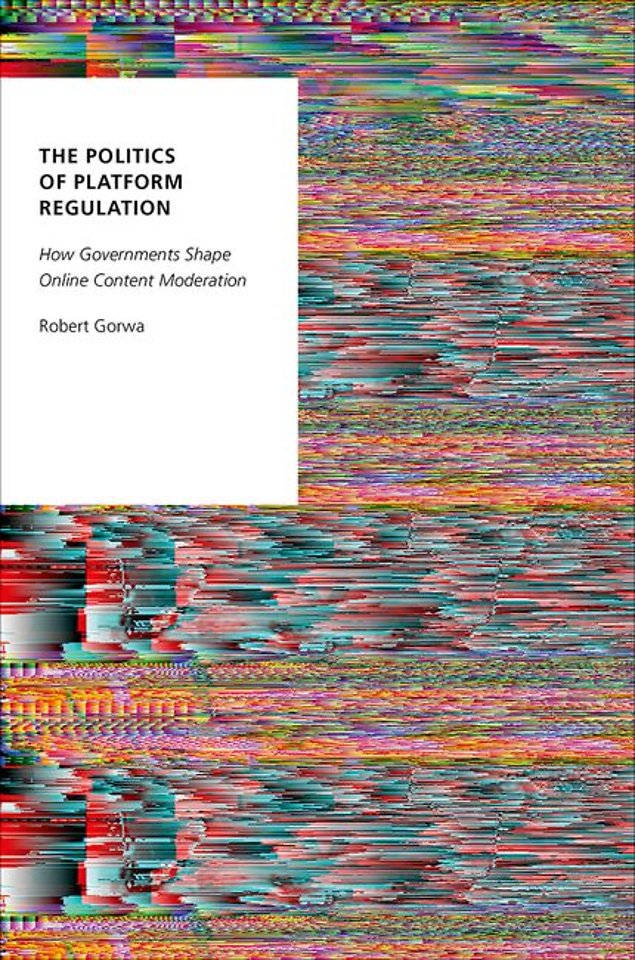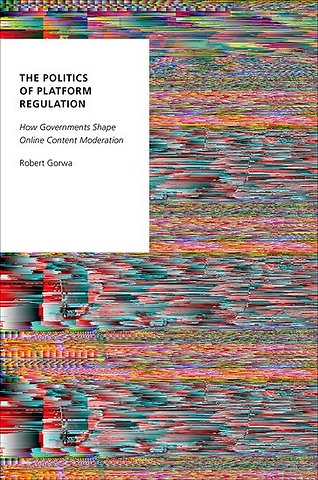The Politics of Platform Regulation
How Governments Shape Online Content Moderation
Samenvatting
Leading multinational technology companies like Alphabet, Meta, Twitter, TikTok, and Microsoft now operate sprawling, complex systems to govern online behavior. These technical and bureaucratic infrastructures, commonly termed "content moderation" or "trust and safety," were developed in an effort to keep illegal and harmful material—such as child abuse imagery, hate speech, and incitement to extremist violence—out of sight and out of mind. But recently, they have been mired with scandal, and increasingly are in the public crosshairs.
In The Politics of Platform Regulation, Robert Gorwa outlines how governments are shaping the emerging space of online safety. Through case studies from Germany, the United States, New Zealand, and Australia, and insights gleaned from ongoing policy debates in Brazil, India, and China, Gorwa explores the domestic and international politics that influence how, why, and when platform regulation comes into being. Going beyond existing work that explores the hidden private rules and practices increasingly shaping our online lives, The Politics of Platform Regulation is a measured empirical and theoretical account of how the state is pushing back.
Specificaties
Inhoudsopgave
1. Introduction
I. Foundations
2. Governance by Platforms: Definitions, Histories, Concepts
3. Regulating Platform Companies: A Cross-Domain Policy Overview
4. Explaining Government Intervention in Content Moderation
II. Case Studies
5. "What is Illegal Offline, Should Be Illegal Online": The Development of the German NetzDG
6. After Christchurch: Diverging Regulatory Responses in New Zealand and Australia
7. From Coast to Coast: State-Level Platform Regulation in the United States
III. Looking Forward
8. Platform Regulation and the Majority World
9. Conclusion
Appendices
Notes
References
Index
Anderen die dit boek kochten, kochten ook
Net verschenen
Rubrieken
- aanbestedingsrecht
- aansprakelijkheids- en verzekeringsrecht
- accountancy
- algemeen juridisch
- arbeidsrecht
- bank- en effectenrecht
- bestuursrecht
- bouwrecht
- burgerlijk recht en procesrecht
- europees-internationaal recht
- fiscaal recht
- gezondheidsrecht
- insolventierecht
- intellectuele eigendom en ict-recht
- management
- mens en maatschappij
- milieu- en omgevingsrecht
- notarieel recht
- ondernemingsrecht
- pensioenrecht
- personen- en familierecht
- sociale zekerheidsrecht
- staatsrecht
- strafrecht en criminologie
- vastgoed- en huurrecht
- vreemdelingenrecht







